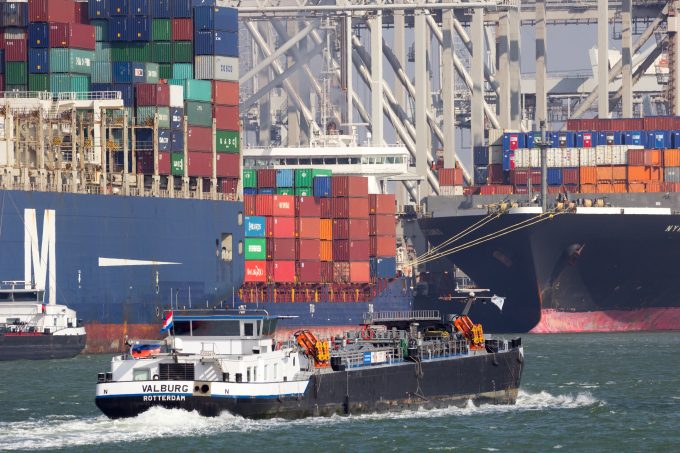MSC switches two more Asia-Europe port calls from congested Antwerp
MSC has decided to switch two more calls out of Antwerp on its Asia-North Europe ...

Delays of up to 120 hours have led European barge operator Contargo to impose a congestion surcharge on all operations at the ports of Antwerp and Rotterdam.
The €19.50 per container charge came into effect on Friday and will be levied until 31 August, amid a ...

Comment on this article